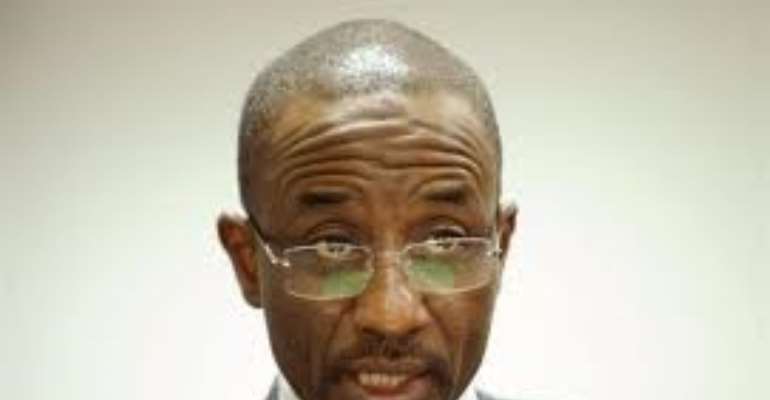Sanusi defends diversification of Nigeria's reserves

The Governor of the Central Bank of Nigeria (CBN), Mallam Sanusi Lamido Sanusi, has defended the decision of the decision to diversify the country’s reserve base from the United States dollar by investing in China’s Renminbi.
The CBN chief said on Monday in Lagos that the move had paid-off two years after. He said Renminbi, also known as Yuan had since been appreciating in value.
Sanusi spoke at the opening of a regional course tagged: “Optimising Reserves and Forex Management for Income Generation,” organised by the West African Institute for Financial and Economic Management (WAIFEM).
He said that many countries were beginning to diversify their reserve currencies in other emerging economies that were showing promises.
“The issue about risk is changing because of the dynamics of the global economy and you know pretty well that currently there are issues around the strength of the currencies all over the globe and the debate is ongoing on whether or not, the dollar would continue to be the de-facto reserve currency,” the governor said.
The governor, who was represented by CBN Deputy Governor, Operations, Mr. Tunde Lemo, said 'so many countries are changing the basket of currencies where they keep the reserves so that they can mix their risks-and then, they are beginning to diversify.”
According to him, the time is not ripe for investment of the nation’s reserves in African economies because their “currencies are not internationally convertible.
“It may take time before we begin to see other African countries investing in other African currencies.
“It would take time but at least economies like China, South Korea, Canada and Australia may begin to see upsurge in investment because of the trajectory of their currencies.”
Sanusi also argued the country’s reserves remained strong and had not been declining in recent times.
He said: “Our reserves level is about $46 billion and that is still very strong; approximately 11 months of imports. The fundamentals of the Nigerian economy are very strong. Occasionally, there may be a bit of increase or decrease - it's been hovering $45 billion and $47 billion – and that is very strong. In Africa it is the second highest only after Algeria and that’s really very remarkable.”
The Director General of WAIFEM, Prof. Akpan Ekpo, said the country’s currency could only be secured through the exportation of non-oil products.
He explained: “The only way you can shore up your currency is to produce for exports even if not the finished product but something in the value chain. If you keep exporting commodities like crude oil to earn foreign exchange, that will not shore up your currency.'
